MICAS is committed to accessibility to all and believes that all people and all sectors of the community have a fundamental right to engage with, use and enjoy its collections and services. The aim of the policy is to ensure physical access to the collections is available to all; to enable everyone to enjoy and study its collections in as many ways as possible; and to ensure access to information about all works of the art space.
MICAS recognises the many barriers to access at all levels but is committed to ensure all aspects of its activities as fully accessible as much as its resources allow, including access to buildings, collections, events, exhibitions, and educational events, to its staff, volunteers, and visitors.
MICAS is committed to increase public access to its collections and information associated with its collections, and to increase knowledge and understanding of its items.
MICAS will provide welcoming staff and learning opportunities for different audiences with different levels of abilities and will tailor its programmes to meet the needs of specific groups. Activities and collections will be promoted by using accessible means of communication.
MICAS will adhere to all national and international statutes of law, and especially to those relating to access.
MICAS defines access as the removal or reduction of physical, cultural, social, sensory, intellectual, financial, emotional and attitudinal barriers.
To eliminate and reduce barriers and ensure equality of access MICAS will consider the following aspects of accessibility to its services and collections:
MICAS will ensure delivery of its approach in various ways, including but not limited to:
MICAS seeks to provide all visitors with access to the building, making alternative provisions where required. MICAS ensures that current and future building projects provide appropriate physical access for all visitors. Expert advice is sought where required. Some of the facilities it provides include:
MICAS takes account of the needs of all visitors in all its safety procedures. It is its policy to enable all occupants of the building to be evacuated at the same time in case of an emergency.
MICAS provides staff trained in responding to first aid incidents, including fire safety and emergencies.
MICAS aims to provide information in different forms that are accessible to all visitors. Some of the resources it provides include:
MICAS provides digital access to its collections and resources on and offsite through the following mediums:
MICAS reviews digital access regularly. Audience requirements are determined through research, testing, and feedback. MICAS has designed the website to standards that makes it easy to its audiences to get the information they need.
MICAS delivers a wide range of learning programmes for different audiences, designed to suit different levels of knowledge, backgrounds, interests, and learning styles.
MICAS will continue to consult people with disabilities, specialist organisations, and other museums, art spaces and galleries, on the best and most practical ways of improving intellectual access. Some of the services we provide include:
MICAS ensures that its employment practices do not discriminate against people with disabilities and maintains a system for monitoring and reviewing procedures.
Equality and diversity awareness forms an integral part of induction training for all new staff in visitor facing roles.
MICAS organises regular meetings to discuss improvements to its provisions and to agree upon recommendations for further action. All recommendations are reviewed. All approvals are made by the CEO in consultation with the Board of Trustees.
The CEO, in consultation with the MICAS Board, reserves the right to oversee any decisions concerning the MICAS Accessibility Policy and take the final decision.

Operational Programme I – European Structural and Investment Funds 2014-2020 “Fostering a competitive and sustainable economy to meet our challenges”. Project may be part-financed by the European Regional Development Fund Co-financing rate: 80% European Union Funds; 20% National Funds.


Operational Programme I – European Structural and Investment Funds 2014-2020 “Fostering a competitive and sustainable economy to meet our challenges”. Project may be part-financed by the European Regional Development Fund Co-financing rate: 80% European Union Funds; 20% National Funds.

© Malta International Contemporary Art Space 2023
© Malta International Contemporary Art Space 2023
© Malta International Contemporary Art Space 2024





Operational Programme I – European Structural and Investment Funds 2014-2020 “Fostering a competitive and sustainable economy to meet our challenges”. Project may be part-financed by the European Regional Development Fund Co-financing rate: 80% European Union Funds; 20% National Funds.


Operational Programme I – European Structural and Investment Funds 2014-2020 “Fostering a competitive and sustainable economy to meet our challenges”. Project may be part-financed by the European Regional Development Fund Co-financing rate: 80% European Union Funds; 20% National Funds.

© Malta International Contemporary Art Space 2023